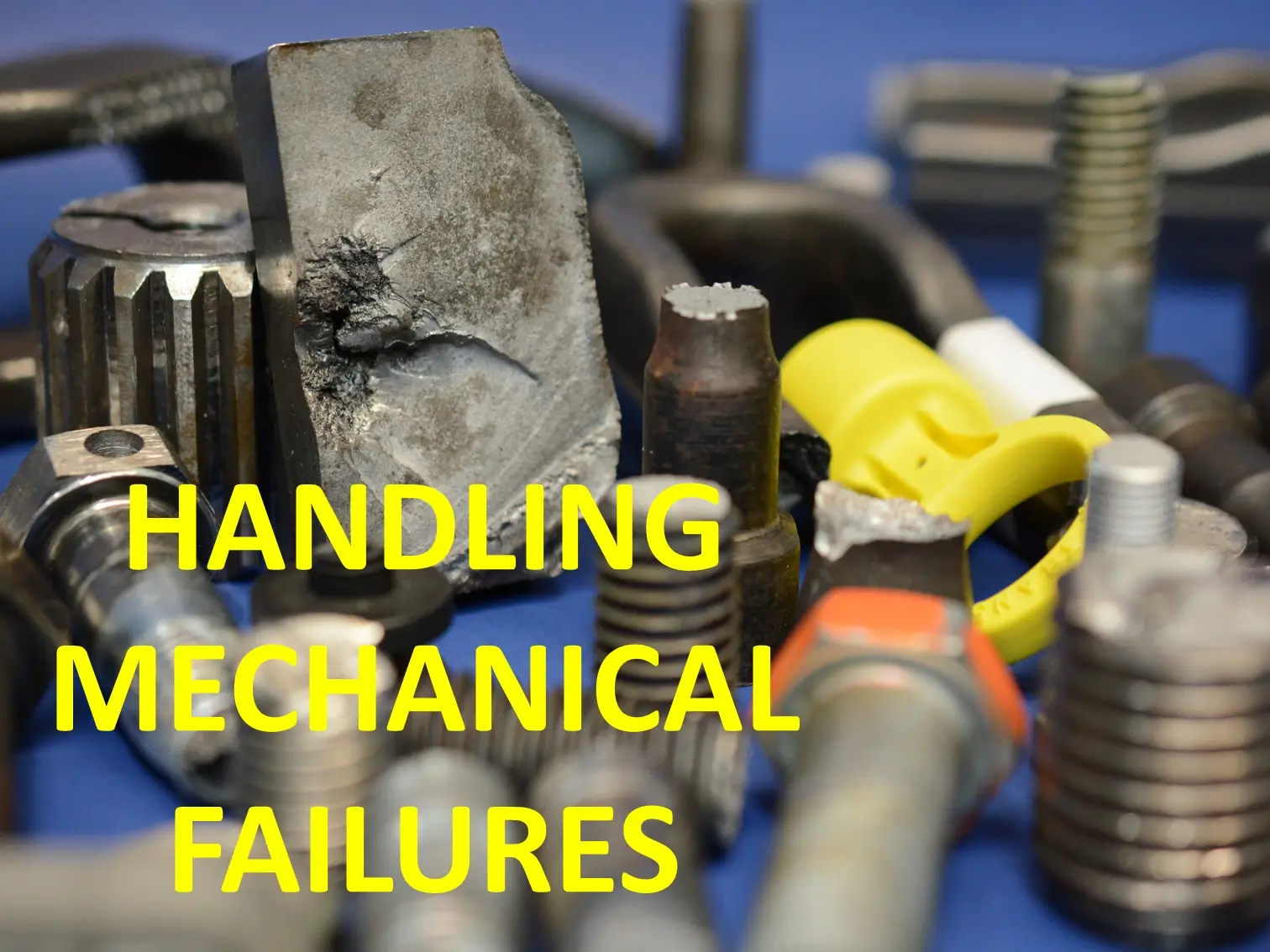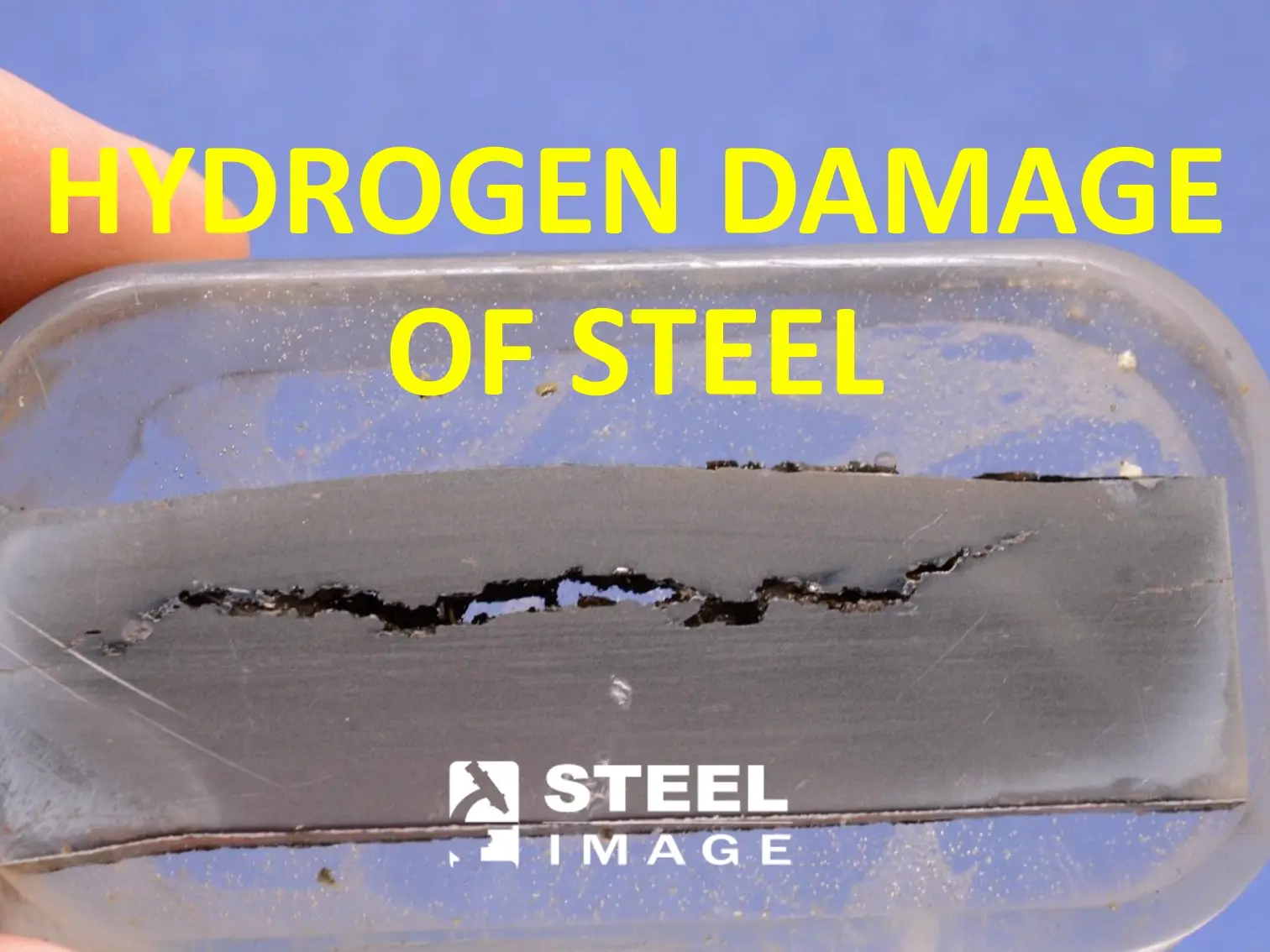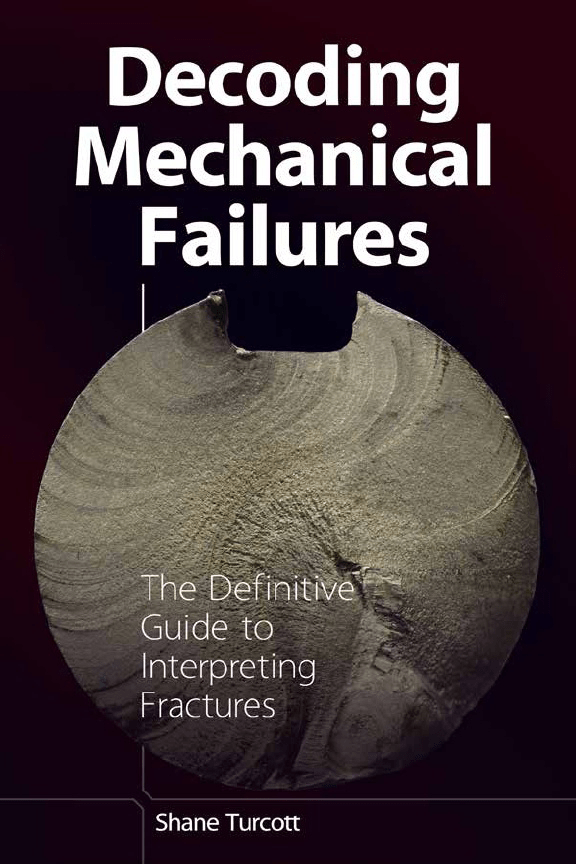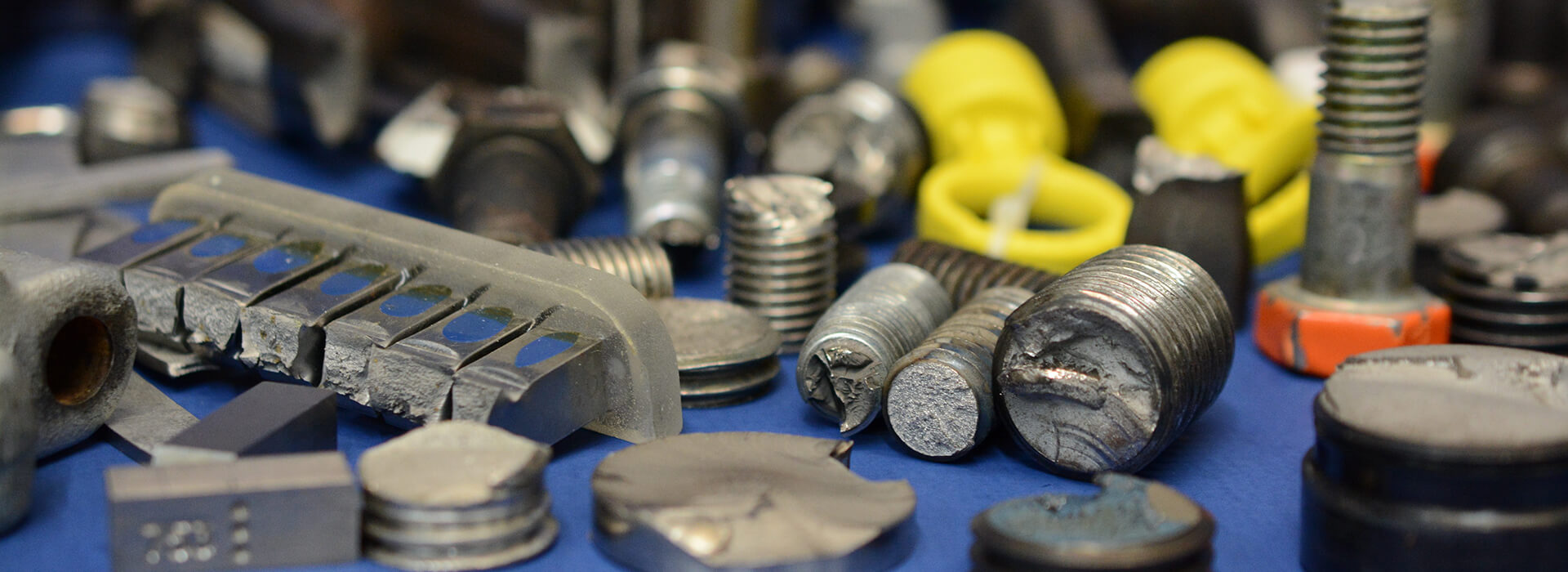
Training
Courses Teaching How to Examine Fractures
Corrosion Courses
Sign-Up
Stay current with upcoming webinars (free) and training schedules.
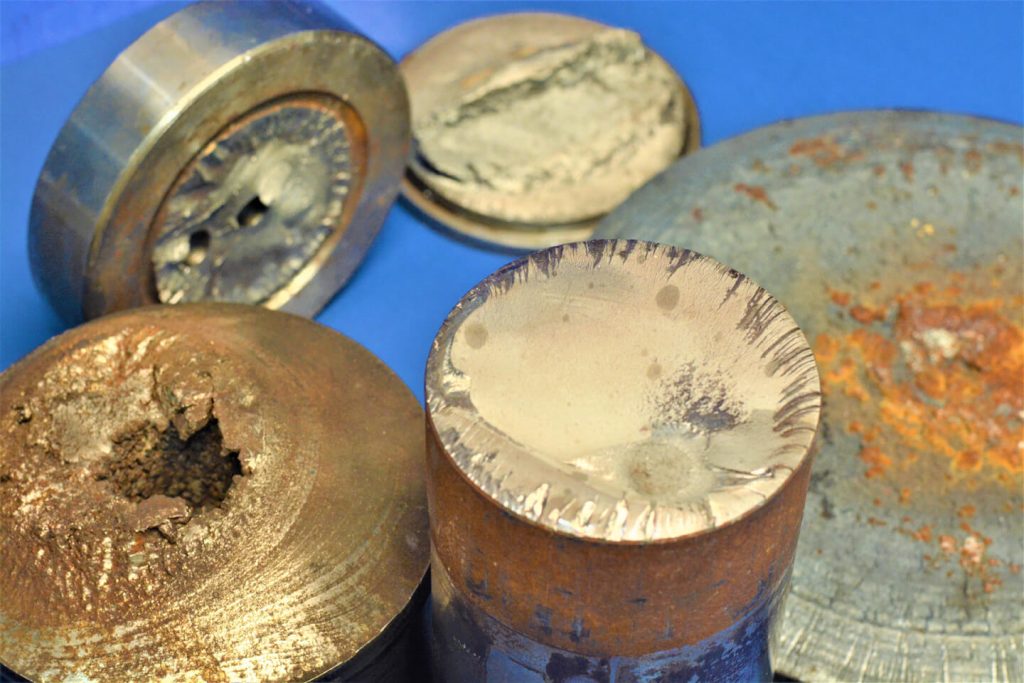 Examining Shaft Failures – Online
Examining Shaft Failures – Online
Recognize why a shaft failed
When a shaft fails by fatigue, its crack features describe what went wrong – they just need to be decoded. This online mini-course teaches how to recognize the four most common loading scenarios that lead to shaft failures. Learn to assess if failed from misalignment, an out-of-straight condition, issues with mounted components or preexisting damage.
No courses currently scheduled.
Email to inquire to hold for your facility.
 Introduction to Examining Failures – Online
Introduction to Examining Failures – Online
Learn to Recognize Fracture Features
When a part fails, its fracture surface contains evidence as to how it failed. This online course introduces how to interpret mechanical fracture features. Attendees will learn to recognize ductile, brittle and fatigue features plus how to apply this to a failure analysis investigation.
This online course includes a workbook which participants will use to practice and hone their skills. To ensure adequate time to deliver the course package, registration will end two weeks before the course starts. So register early!
| Course Date | Region | Registration Ends | |
|---|---|---|---|
| October 9, 2025 | US, Canada, Mexico | September 19 | Register now! |
 Handling Mechanical Failures – In-Person Course
Handling Mechanical Failures – In-Person Course
Hands-On Learning to Interpret Fracture Features
This is our flagship course. There is no better way to learn how to investigate failed parts than actually holding and studying broken parts. This course includes hands-on examination of fifty failed components to develop practical skills. Stereomicroscopes are provided to reveal the subtle details useful to diagnosis. After reviewing how to diagnose the different mechanical fracture modes, a series of failed parts are used to challenge participants and further expand their understanding.
Day course (8 hours CPD), in-person, $995/participant.
No courses currently scheduled.
Email to inquire to hold for your facility.
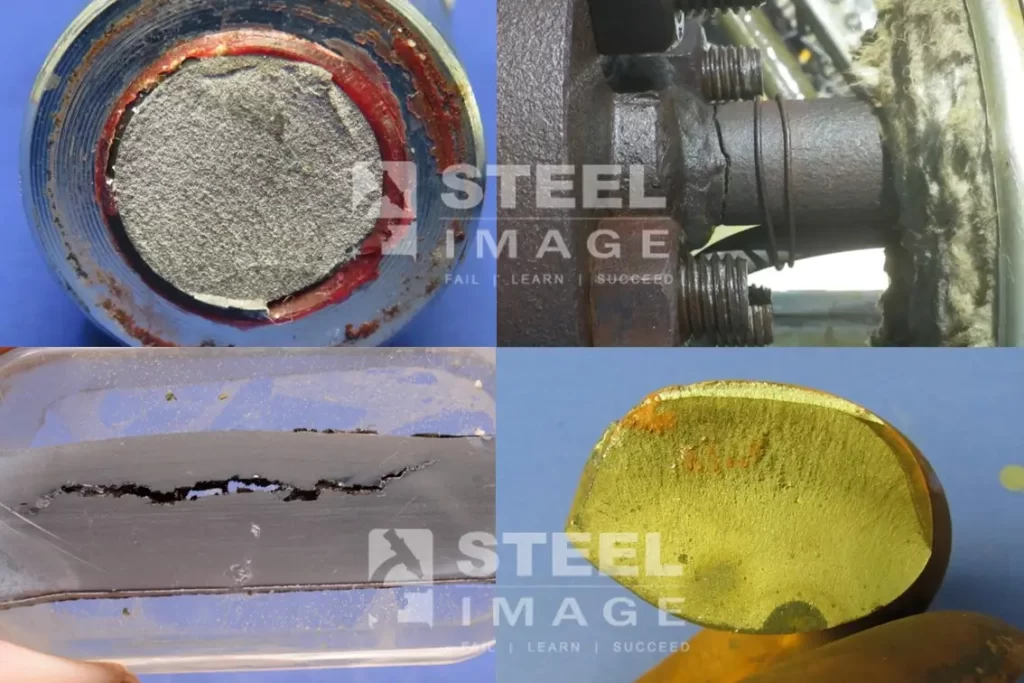 Hydrogen Damage of Steel
Hydrogen Damage of Steel
Online Short Course
Hydrogen can damage steel in a variety of ways. This online, 4hr course reviews case studies of hydrogen damage suffered in the refining and petrochemical industries. Examples include hydrogen embrittlement, delayed cracking, sulfide stress cracking, hydrogen induced cracking, HTHA and more. Ideal for API inspectors and reliability engineers.
Course materials including a summary of the case studies will be mailed (mailing address required).
Four hours, online, $295/participant.
Now only available through Inspectioneering.
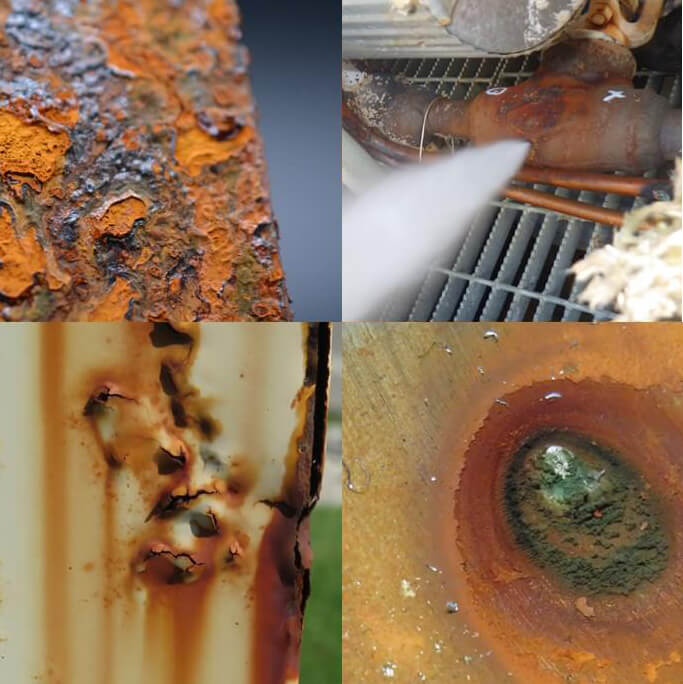 Water Corrosion Case Studies
Water Corrosion Case Studies
Online Short Course
While literature by API, ASM and AMPP (formerly NACE) includes ample theory describing corrosion, we have LOTS of pictures. This online, 4hr course is an illustrated review of case studies of common water-based corrosion mechanisms. These cases are based upon laboratory analyses of failures experienced in the refining and petrochemical industries. Examples include general corrosion, CUI, MIC, erosion-corrosion, cavitation, caustic and phosphate corrosion. Perfect for continued professional development.
Course materials including a summary of the case studies will be mailed (mailing address required).
Four hours, online, $295/participant.
| Course Date | Region | |
| September 11, 2025 | US, Canada, Mexico | Register now! |
Decoding Mechanical Failures
by S. Turcott
“Fractography is a subtle art that is not captured well in books” – Until now!
This course expands upon the topics in the book Decoding Mechanical Failures and is intended to mature knowledge into practical skills by:
- Providing more failed parts to hold, examine and learn from than most people see in years.
- Teaching how to use a stereomicroscope to recognize additional fracture features.
- Conducting exercises to simulate failure analysis investigations and developing preventative solutions.
Sign-Up
Stay current with upcoming webinars (free) and training schedules.



